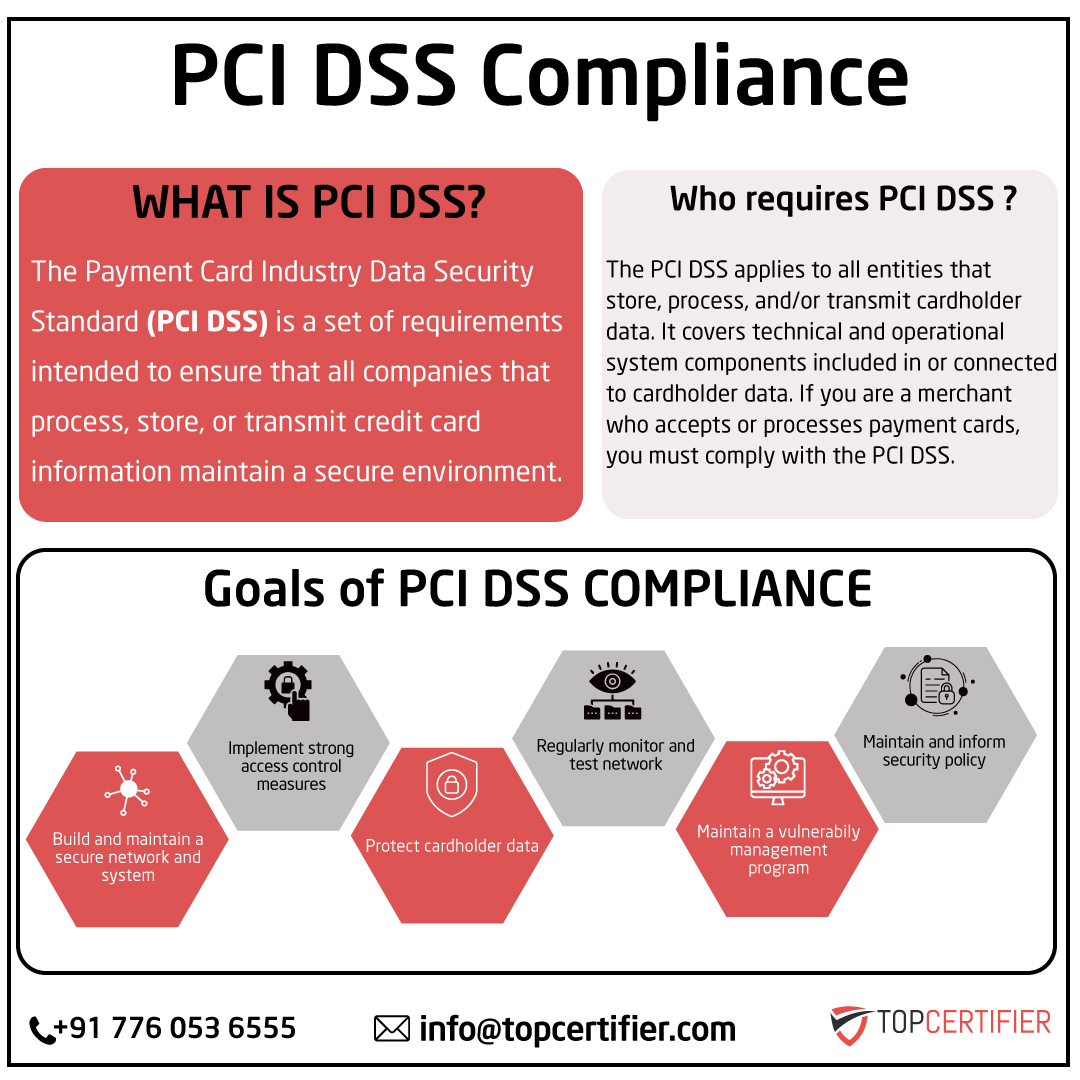Trust Us To Lead The Way In Certification And Compliance
Knowledge And Expertise
Thorough Understanding Of The Framework, Its Requirements, And Best Practices For Implementation
Proven Track Record
Successful Track Record Of Helping Clients Achieve Compliance, With Positive Client Testimonials And Case Studies.
Strong Project Management Skills
Ensure The Compliance Engagement Runs Smoothly And Is Completed On Time And Within Budget.
Experienced Team
Possession Of Experienced Professionals, Including Auditors, Consultants, And Technical Experts
Exceptional Customer Service
Committed To Excellent Customer Service With Clear Communication, Responsive Support, And A Focus On Satisfaction.
Competitive Pricing
We Prioritize Delivering High-Quality Services With Competitive Pricing That Provides Exceptional Value To Our Clients
FAQs
FREQUENTLY ASKED
PCI DSS Certification in Indonesia verifies that businesses processing credit card transactions adhere to the Payment Card Industry Security Standards Council's (PCI SSC) data security standards. This certification ensures these organizations implement robust security measures to safeguard cardholder information from fraud and breaches during transactions. It aligns with the global PCI DSS requirements while also taking into account Indonesia's unique regulatory and business contexts. PCI DSS Certification in Indonesia is crucial for any business that deals with credit card transactions, regardless of its size or the number of transactions processed. It covers a wide range of activities, including accepting, processing, storing, and transmitting credit card information, and is designed to ensure a secure and protected environment for handling cardholder data.
The Different PCI DSS Compliance Levels Depends On The Volume Of Card Transactions Handled Per Year:
- PCI Level 1: Over six million transactions annually
- PCI Level 2: Between one and six million transactions
- PCI Level 3: Between 20,000 and one million transactions, and all e-commerce merchants
- PCI Level 4: Less than 20,000 transactions
PCI DSS requirements include establishing and maintaining a secure network, often through robust firewall configurations, and ensuring the protection of stored cardholder data. Encryption of data transmissions across public networks is essential, as is the implementation of strong access control measures to restrict and monitor access to sensitive data. Businesses must also maintain a vulnerability management program, which includes regular updates to antivirus software and secure systems development. Regular monitoring and testing of network resources, along with maintaining a detailed information security policy, are also key components of PCI DSS compliance in Indonesia. These requirements, collectively, form a robust framework for safeguarding sensitive financial information against breaches and unauthorized access.
To achieve PCI DSS compliance, an organization must first identify the relevant requirements and implement appropriate controls to address them. An independent Qualified Security Assessor (QSA) must then perform an audit to verify that these controls are effective.
PCI DSS compliance is not a one-time event, but rather an ongoing process. Organizations must regularly assess and update their controls to maintain compliance and typically undergo an audit on an annual basis.
Non-compliance with PCI DSS can result in fines, legal fees, reputational damage, and even the loss of the ability to accept credit card payments.
PCI DSS compliance can provide several benefits, including increased customer trust, improved security and privacy practices, and a competitive advantage in the marketplace.
The cost of PCI DSS compliance varies depending on factors such as the size and complexity of the organization and the scope of the audit. However, the benefits of compliance often outweigh the costs in terms of improved security and increased customer confidence.
